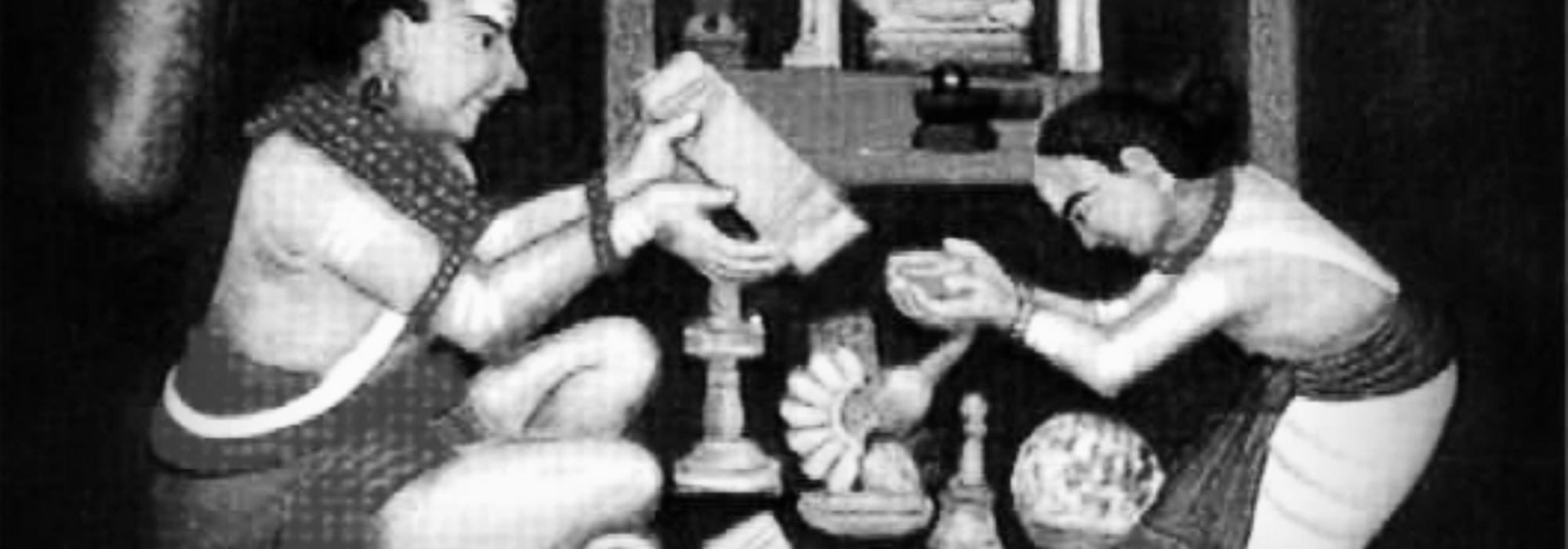आभाति हाटकसभानटपादपद्म
ज्योतिर्मयो मनसि मे तरुणारुणोयम् |
नूनं जरामरणघोरपिशाचकीर्णा
संसारमोहरजनी विरतिं प्रयाता ||
Appayya-dīkṣita set out to Kāṣi as he wanted to draw his last breath there. However, upon realizing that he was nearing his death at Chidambaram itself, he laid his head down at the feet of the deity Kanakasabhāpati in the Naṭarāja temple and uttered his last words thus
चिदम्बरमिदं पुरं प्रथितमेव पुण्यस्थलमं
सुताश्च विनयोज्ज्वलास्सुकृतयश्च काश्चितकृताः |
वयश्च मम सप्ततेरुपरि नैवे भोगे स्पृहा
न किञ्चिदहमर्थये शिवपदं दिदृक्षे परम् ||
‘Chidambaram is a holy place; My children are virtuous; I have composed a few monumental works. Here I am, over seventy years old, with no hankering for the pleasures that this transitory world can offer. At this moment, I ask for salvation and nothing else’.
Naṭarāja manifested in his physical form on hearing these words that were filled with gratitude. Thereupon, Dīkṣita, overwhelmed with devotion, recited the current verse in the Vasantatilakā meter, extempore:
“May the splendour of the lotus-feet of the Kanakasabhāpati, Naṭarāja, which is like the rays of a rising sun, enlighten my heart”. He attained salvation even as he spoke thus.
Dīkṣita’s children completed the second half of the verse forthwith: “This worldly life, ridden with old age and death, like a night filled with daemons and ghost, has indeed come to an end”
Thus ended the poetry of his life.
(It was on this occasion, i.e., during his last moments that Dīkṣita blessed his children. It is said that his blessing have borne fruit until today in his children’s families and their progeny)
Adapted from the original Kannada by Arjun Bharadwaj













































